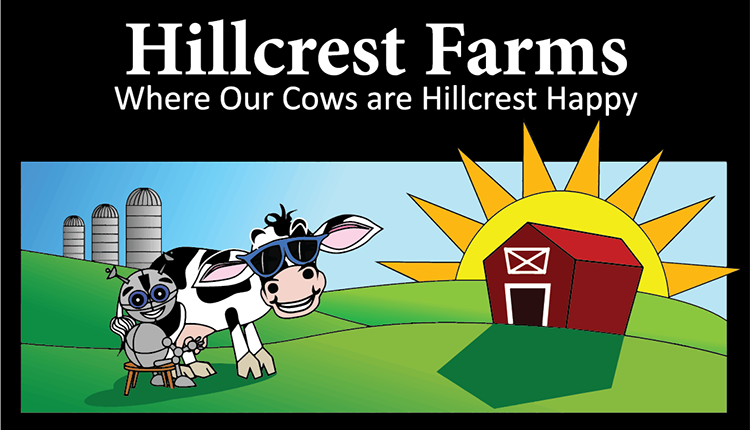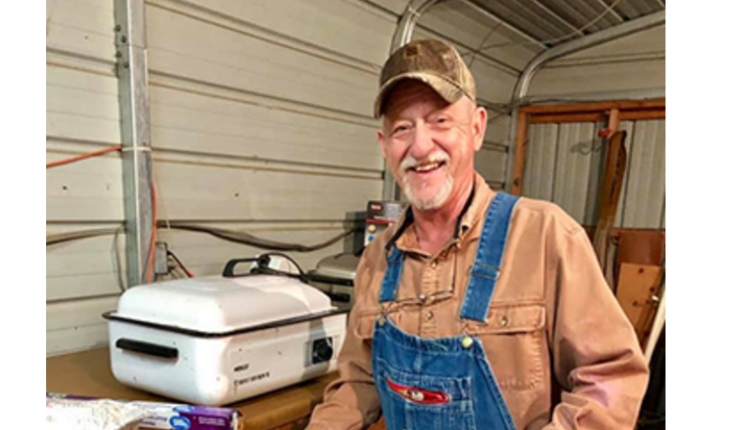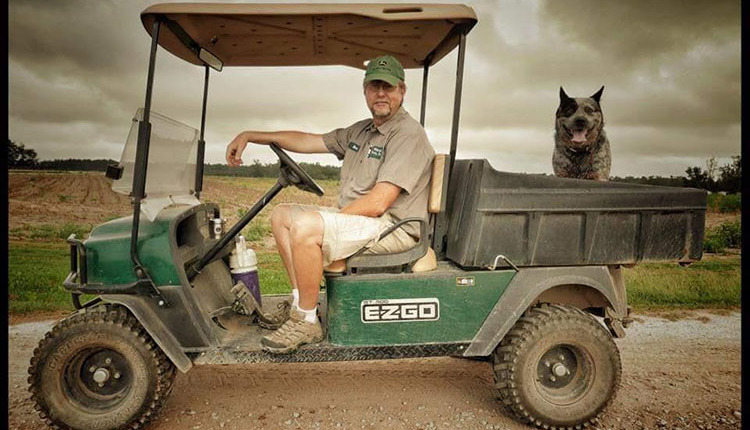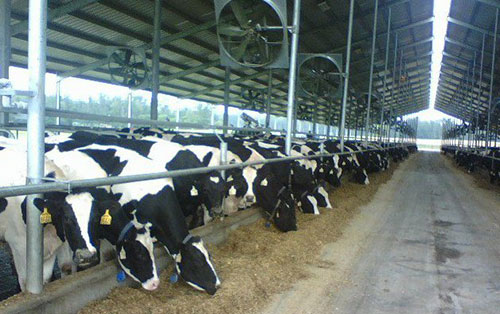
We moved from a pasture based operation to our conventional freestall barn in 2009. At that time, a dairyman friend of mine said, "Take a picture, as the freestall barn will never look that good again."
In some ways, he was correct. It doesn't take long before freestall loops get pushed around, water troughs become dirty, lights get dimmer as dust collects on them, fans become less efficient from a covering of dirt, and so forth.
Our "Holstein Hotel" could always use a bit of maintenance. We have found, though, if you set aside time on a regular schedule, it is easier to keep the barn operating properly. And in turn, a well kept barn helps the cows maintain optimum performance.
Some of the tasks we do on a regular basis include:
3X daily - Rake all manure from stalls. Empty every water trough to keep water fresh and crossovers clean.
Daily - Groom all the freestall beds. This fills in any holes and keeps them comfortable for the cows.
Weekly - Add sand to all the freestall beds to keep them full and soft. Scrub out every water trough. Scrape curb walls to keep dried manure from building up. Mow grass around the freestall barn along the driveway.
Monthly - Clean all the feedbunk sprinkler sprayer tips to keep droplet sizes and spray patterns accurate.
Annually (in February) - Clean all light fixtures and bulbs. Wash all fan blades. Paint any galvanized surfaces showing rust.
As needed - Inspect automated cow bushes, rubber flooring on the alleyways, fan tensioners, and fan belts.
The freestall barn is one of the single largest capital investments on our farm. Performing these tasks on a scheduled basis helps us keep our facility comfortable for our cows and looking great, creating a welcoming environment for visitors that tour our farm.
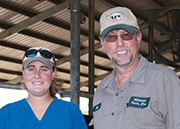 Mark and Caitlin Rodgers are dairy farmers in Dearing, Georgia. Their "Daddy and Daughter Dairy Together" column will appear every other Thursday on HD Notebook. The Rodgers have a 400-cow dairy that averages 32,000 pounds of milk. Follow their family farm on Facebook at Hillcrest Farms Inc.
Mark and Caitlin Rodgers are dairy farmers in Dearing, Georgia. Their "Daddy and Daughter Dairy Together" column will appear every other Thursday on HD Notebook. The Rodgers have a 400-cow dairy that averages 32,000 pounds of milk. Follow their family farm on Facebook at Hillcrest Farms Inc.






